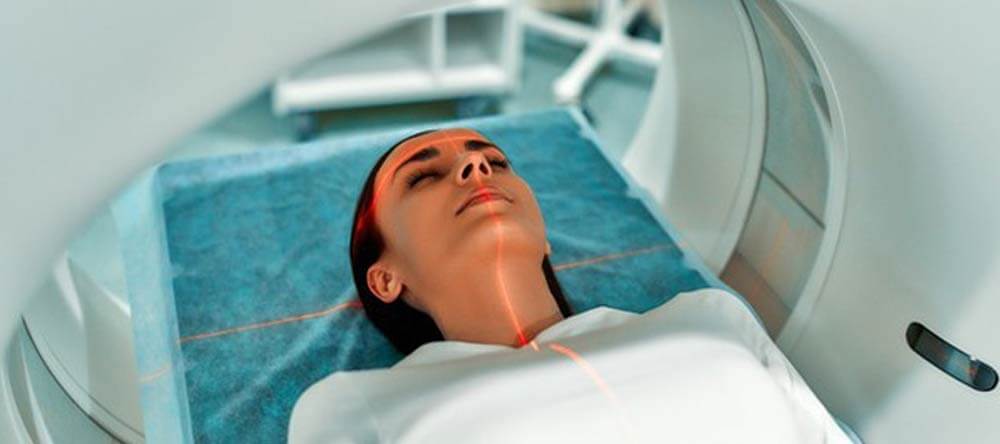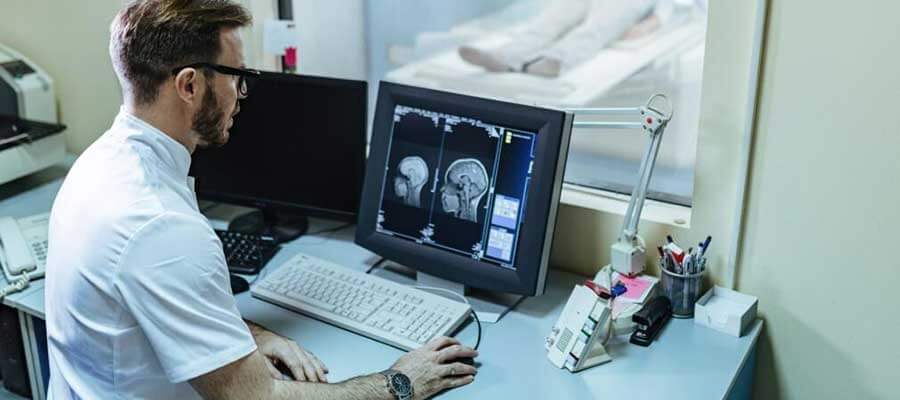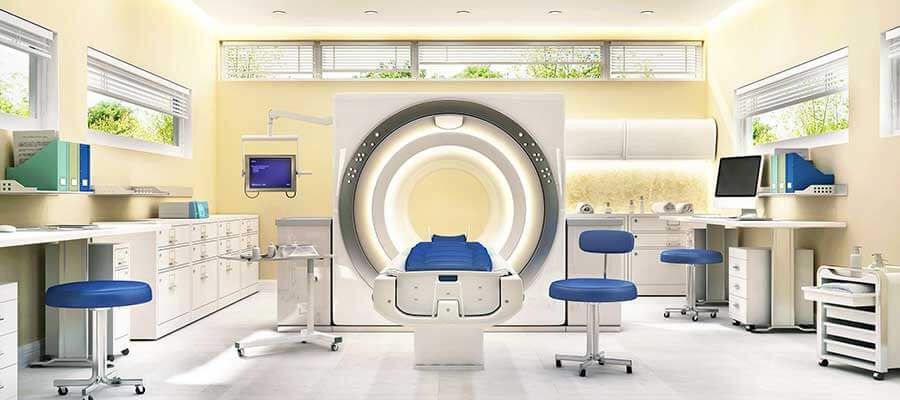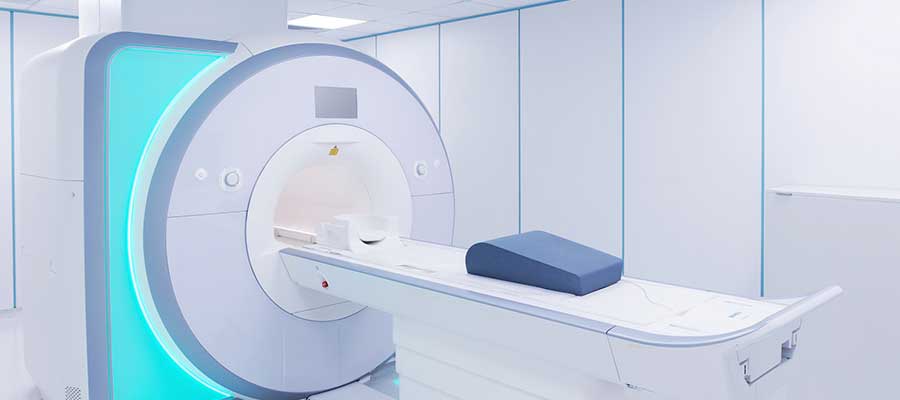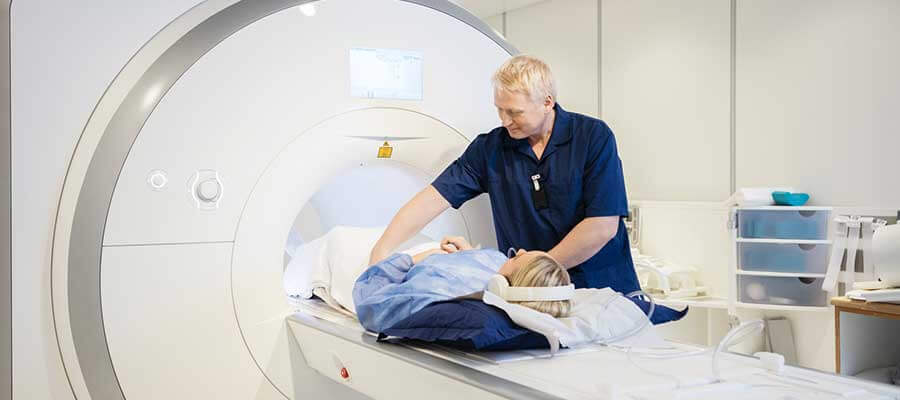MRI Associates Degree For Working Adults
When searching for an MRI Tech School For Working Adults offering MRI associate’s degree you need to take Pulse Radiology into consideration. Since 2020 the demand for qualified MRI & CT Technologist has taken many employers by surprise. It is true, that few saw a pandemic on the horizon. But before that the need for demand for MRI Technologist was already outpacing the number of graduates entering the workforce. One may be incline to believe that a degree from University of Iowa may be te path to follow as in the case of with firms in aerospace. Not when it comes to MRI or CT Techs. Today HR professional are seeking for candidates that are ready to work with minimum or no training. That is why there is such high demand for our alumni.
As a national MRI Tech School providing online MRI, CT, and Mammography Structured Education, we can help you advance your career in the field of radiology from a radiologic technologist to an advanced certified technologist in 14 weeks. Also, know that at Pulse we provide ARRT-approved MRI, CT, and Mammography courses with clinical training in 30+ states nationwide and ASRT for 25+ Category A CE Credits. There has never been a better time to get your associates degree in radiology and get going in a rewarding career with an average salary of $85k/year with Pulse Instituted an MRI Tech School For Working Adults. Since 2017 Pulse has been the go-to traning partner for Professional in the Medical field seeking CT CEU. We have expanded those capabilities by offering associate’s degree in MRI Technology For Working Adults.
Blog Post Realted to MRI Associates For Working Adults
Why Should You Consider Getting Radiology Associates For Working Adults?
COVID highlighted something many clinics already knew. There is a shortage of certified MRI Technicians in the work force. Now is the time to focused on a high paying, rewarding career in the healthcare industry as a Mammography technologist. And if you’re searching for an MRI Tech School For Working Adults offering associate’s degree in MRI? You need to consider Pulse Radiology Education! Since going live Pulse has been the prefer for MRI seeking info MRI technician certificate program For Working Adults. In 2024 we are offering associate’s degree in radiology For Working Adults looking to begin a career as an MRI tech.
MRI Technologist are In high demand: MRI technology is now more commonplace, meaning there is a lot of demand for people that understand how to take advantage of this technology. One can find many job opportunities for MRI techs, and in many areas, there are not enough skilled customers to fill those spots. Should you wind up registering for these courses, you could find a lot of incredible job opportunities. The very best career fields are those which can be seeing a lot of growth. This industry is growing rapidly, and it also shows no hints of slowing down.

